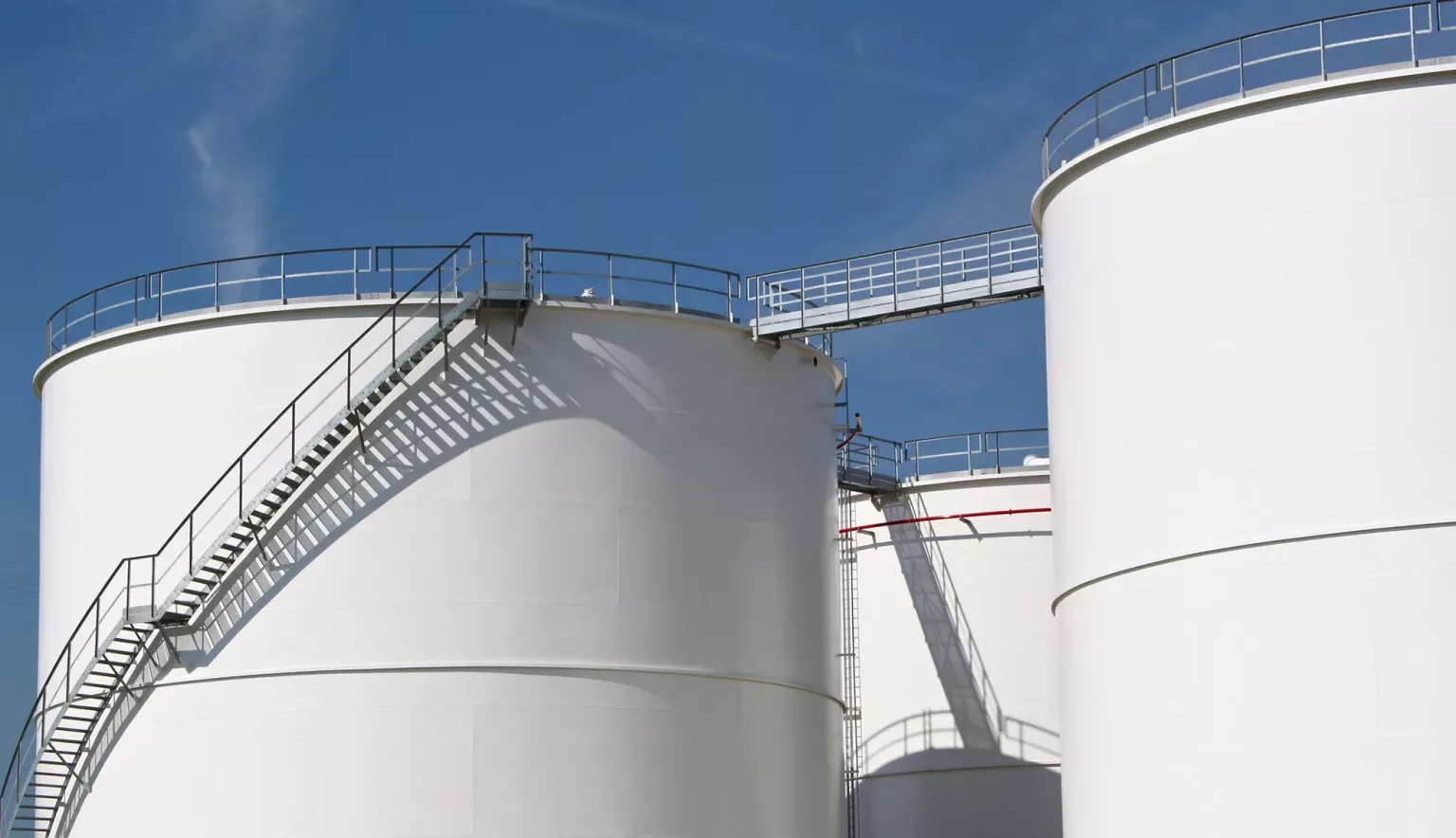St Louis Petroleum is building up the nation’s storage capacity in order to keep pace with growing levels of oil production, the company also determined to develop in-country skills.
FUTURE PROOFING GHANA’S FUEL
Ghana is a relative newcomer to Africa’s oil production stage.
Producing just 1,400 barrels per day (BPD) in 1994, today paints a wholly different picture, with current output sitting at 214,000 BPD and set to double by 2021 thanks to a new discovery by Norway’s Aker Energy ASA in the west of the country.
The last year alone has seen a significant ramping up of activity. In June 2018, for example, oil production sat at 160 BPD, meaning today’s figures represent a rise of about a third in the space of 14 months.
If Ghana is to truly realise such potential, however, investment is needed elsewhere.
Post-production processes such as refining and storage are in danger of being left behind, something which St Louis Petroleum and CEO Louis Yamoah are all too aware of.
“I worked for Shell in Ghana for about 10 years, and it was here where I got to understand the challenges facing the country’s oil and gas industry,” he recalls, having joined St Louis Petroleum in 2014.
“I saw there was a great need for storage facilities for these products, which would tremendously help the process of distribution to the people and businesses that need them.”
STORING THE FUTURE
Indeed, building up Ghana’s fuel storage capacity is the company’s raison d’être.
St Louis Petroleum is known for its record of building tank farms where refined fuel can be stored for onward distribution to oil marketing companies, and in the Ahanta West Municipality of the nation’s Western Region, an enormous project is about to get underway.
Valued at around $300 million, this new storage facility will be able to house 62,000 cubic metres of petroleum products, making it the second largest of its kind in Ghana.
“The major reason for undertaking this is to make available more storage for companies and their products that they bring into the country,” adds Yamoah. “This will make doing business here more attractive for these companies, as it will cut down on additional costs such as docking ships and other transport. It will also allow organisations to plan ahead of time.”
German engineering giant thyssenkrupp has been contracted by St Louis Petroleum to build the tank farm, with phase one of construction slated to commence in October 2019 and expected to take around a year.
This will involve the building of the tank farm (consisting of seven separate tanks), the pipelines from the Takoradi Harbour to the project site, offices and accommodation facilities. Phase two will predominantly consist of expansion works.
As well as creating 2,500 jobs and delivering a number of related transport infrastructure upgrades, Yamoah cites several other key benefits of the project. “One is the technology transfer into Ghana,” he says.
“We are a relatively new player in the oil and gas industry and have only recently made major discoveries, so technology transfer becomes a major advantage for us. Another benefit is that storage will bring down the price of fuel per litre because it will be easier to distribute and plan for the future.”
BROADENING HORIZONS
Developing the Ahanta fuel storage facility is not the only activity being undertaken by the company at present.
Yamoah references other important ongoing developments, such as the building of fuel depots (smaller storage facilities) in every regional capital around Ghana, sites which will bring fuel closer to users.
Further, on the retail side, St Louis Petroleum is seeking to expand its network of 10 filling stations so that consumers can access fuel without having to travel long distances, while last year it launched its own brand of lubricant products to help vehicle owners look after engines and protect them against Ghanaian weather conditions.
Related to this is the plan to build what will be just the second lubricants blending facility in the country, a project again designed to reduce reliance on external expertise and build up Ghana’s own capabilities.
This ethos also extends to Yamoah’s employees. “We have a policy that runs through the whole company, which is to enhance human capital, and ensure that a chunk of our budget is dedicated to providing the training that our people need.
“This is the core of our vision as a company, and every year around 50 percent of our workforce are sent for external training to learn new skills which they can bring back into the organisation.”
Soon such learning activities will be able to occur at a new training centre in Accra, a facility which the CEO hopes to have operational by November 2019 and one which could be a gamechanger for Ghana’s nascent oil industry.
“We are sending oil outside of Ghana to be refined because the country lacks technical expertise to manage refining operations,” Yamoah continues.
“This trend must be reversed, and oil must be refined here, so we are investing in human capital and building up the skills needed to make this happen. Training is paramount, and this is why our German contracting partners will also be teaching our people how to manage our tank farm.”
By increasing vital storage capacity and investing in home-grown skills, St Louis Petroleum is helping to preserve the future of fuel in Ghana, ensuring it can make the most of its undoubted potential to be a major regional player in years to come.
Asked about his forecast for the industry, Yamoah signs off bullishly. “Yes, I am very confident,” he says. “The potential here is huge, not least because there are still large areas of the country that have not been opened up for oil. I therefore believe the future is very bright, but only if we build the storage facilities to match production.”































